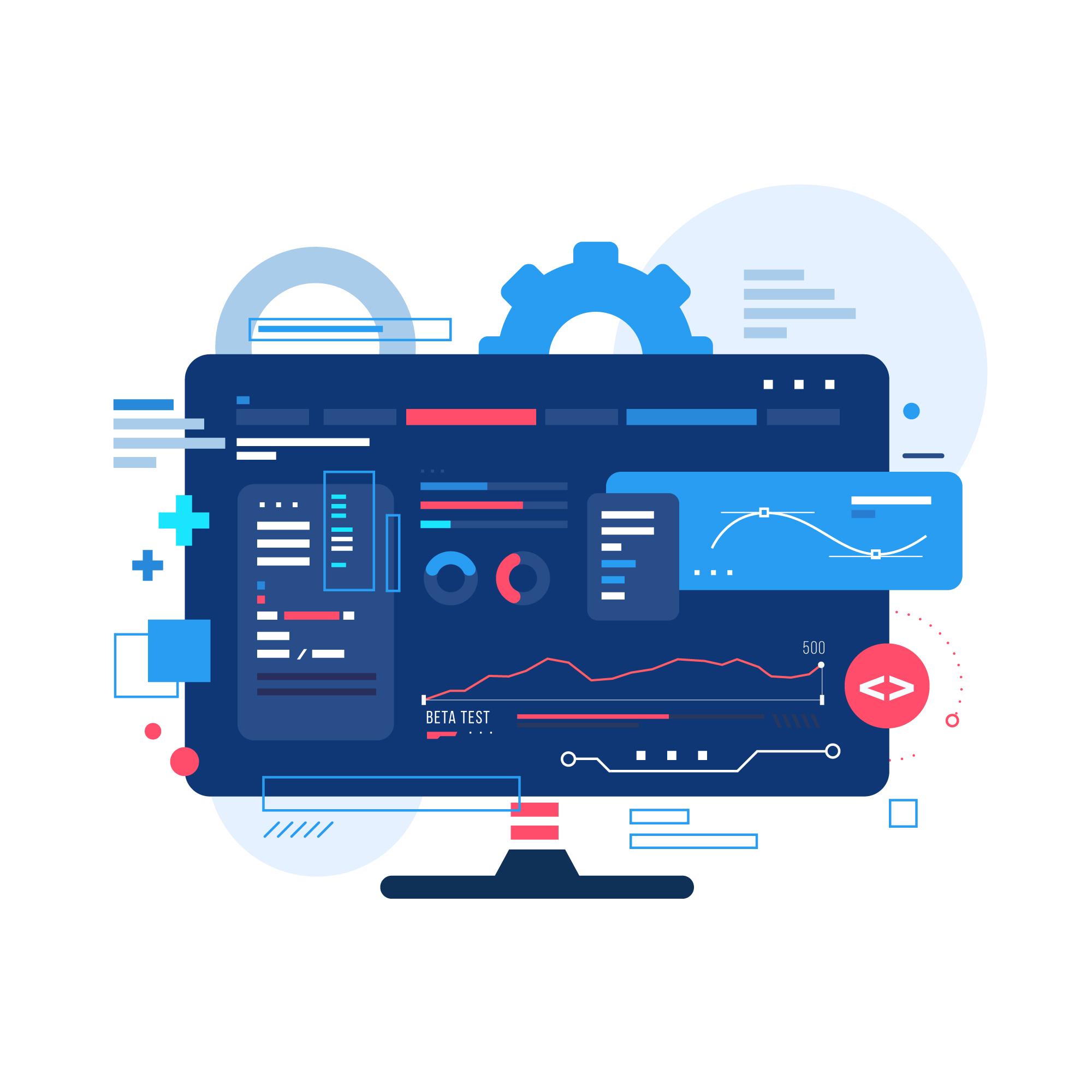6 Essential Features Every Web3 Development Platform Should Have
The future of the internet is decentralized, and Web3 development is at the forefront of this revolution. Web3 development platforms are crucial tools that empower developers to build the next generation of applications. But with so many options available, choosing the right platform can be a challenge.
Here, we’ll explore six essential features that every Web3 development platform should possess to streamline your development process and fuel your creativity.
1. Robust Smart Contract Functionality
Smart contracts are the backbone of Web3 applications. They are self-executing contracts stored on a blockchain that automate agreements and transactions. A powerful Web3 development platform should offer a comprehensive suite of smart contract tools.
-
Multiple Languages: The platform should support popular smart contract languages like Solidity, Vyper, and Rust. This allows developers to choose the language that best suits their project’s needs and their own coding expertise.
-
Integrated Development Environment (IDE): A built-in IDE provides a familiar workspace for developers to write, test, and deploy smart contracts. Features like syntax highlighting, code completion, and debugging tools can significantly improve development efficiency.
-
Security Features: Since smart contracts handle valuable assets, robust security features are paramount. The platform should offer tools for static code analysis, vulnerability scanning, and secure deployment options.
2. Blockchain Interoperability
Web3 is a diverse ecosystem with a multitude of blockchains, each with its own strengths and weaknesses. A future-proof Web3 development platform should enable developers to build applications that interact with various blockchains seamlessly.
-
Multi-chain Support: The platform should allow developers to deploy their applications on multiple blockchains simultaneously or connect them for data exchange. This opens up a wider audience and fosters innovation across different blockchain networks.
-
Interoperable Development Tools: Development tools within the platform should be agnostic to the underlying blockchain, enabling developers to write code that functions across different chains with minimal modifications.
-
Bridge Integration: Integration with popular blockchain bridges allows developers to easily transfer assets and data between different blockchains within their applications.
3. Decentralized Storage Solutions
Web3 applications often require storing large amounts of data. Traditional centralized storage solutions can be vulnerable to censorship and downtime. A Web3 development platform should offer access to decentralized storage options.
-
IPFS Integration: The InterPlanetary File System (IPFS) is a decentralized storage protocol that distributes data across a network of peer-to-peer nodes, ensuring data persistence and resilience.
-
Filecoin Integration: Filecoin is a decentralized storage network built on top of IPFS. Developers can leverage Filecoin to create secure and reliable storage solutions for their Web3 applications.
-
NFT Storage: For applications that deal with non-fungible tokens (NFTs), the platform should provide tools for storing and managing NFT metadata in a decentralized manner.
4. Developer-Friendly Tools and Resources
A thriving developer community is essential for any Web3 development platform. The platform should offer a range of tools and resources to empower developers and foster collaboration.
-
Comprehensive Documentation: Clear and concise documentation is crucial for developers to understand the platform’s features and functionalities. Tutorials, code examples, and best practices can significantly reduce the learning curve.
-
Active Developer Community: A vibrant developer community provides a valuable forum for developers to ask questions, share knowledge, and collaborate on projects.
-
Developer Tools and APIs: The platform should provide a rich set of developer tools and APIs that simplify common Web3 development tasks, such as interacting with blockchains, managing wallets, and building user interfaces.
5. Security Audits and Penetration Testing
Security is paramount in Web3 development, as vulnerabilities in smart contracts can lead to significant financial losses. A reputable Web3 development platform should offer security features that help developers build secure and robust applications.
-
Built-in Security Scans: The platform should integrate security scanning tools that can identify potential vulnerabilities in smart contracts during development.
-
Penetration Testing Services: The platform may offer penetration testing services where security experts attempt to exploit vulnerabilities in an application, helping developers identify and address weaknesses before deployment.
-
Community-driven Security Audits: Some platforms leverage the power of the developer community by offering bounties for identifying vulnerabilities in smart contracts.
6. Scalability and Performance
Web3 applications can experience high transaction volumes, especially during periods of peak activity. A robust Web3 development platform should be able to handle these demands without compromising performance.
-
Scalable Infrastructure: The platform should be built on a scalable infrastructure that can adapt to increasing user traffic and data storage needs.
-
Efficient Consensus Mechanisms: The platform should leverage efficient blockchain consensus mechanisms that can process transactions quickly and securely.
FAQ
Q: What are some popular Web3 development platforms?
A: Several Web3 development platforms exist, each with its own strengths and weaknesses. Popular options include Ethereum’s Remix IDE, Truffle Suite, Polygon Studio, and Alchemy.
Q: Are there any free Web3 development platforms?
A: Yes, many Web3 development platforms offer free tiers with basic features. However, for advanced functionalities and scalability, paid plans may be necessary.
Q: What programming languages are most used in Web3 development?
A: Solidity is the dominant language for smart contract development on the Ethereum blockchain. However, other languages like Vyper, Rust, and JavaScript (with frameworks like React) are also gaining traction.
Q: How can I learn more about Web3 development?
A: Numerous online resources, tutorials, and documentation are available for learning Web3 development. Additionally, platforms like Web3 Career offer educational content and community support specifically focused on Web3 development careers.




